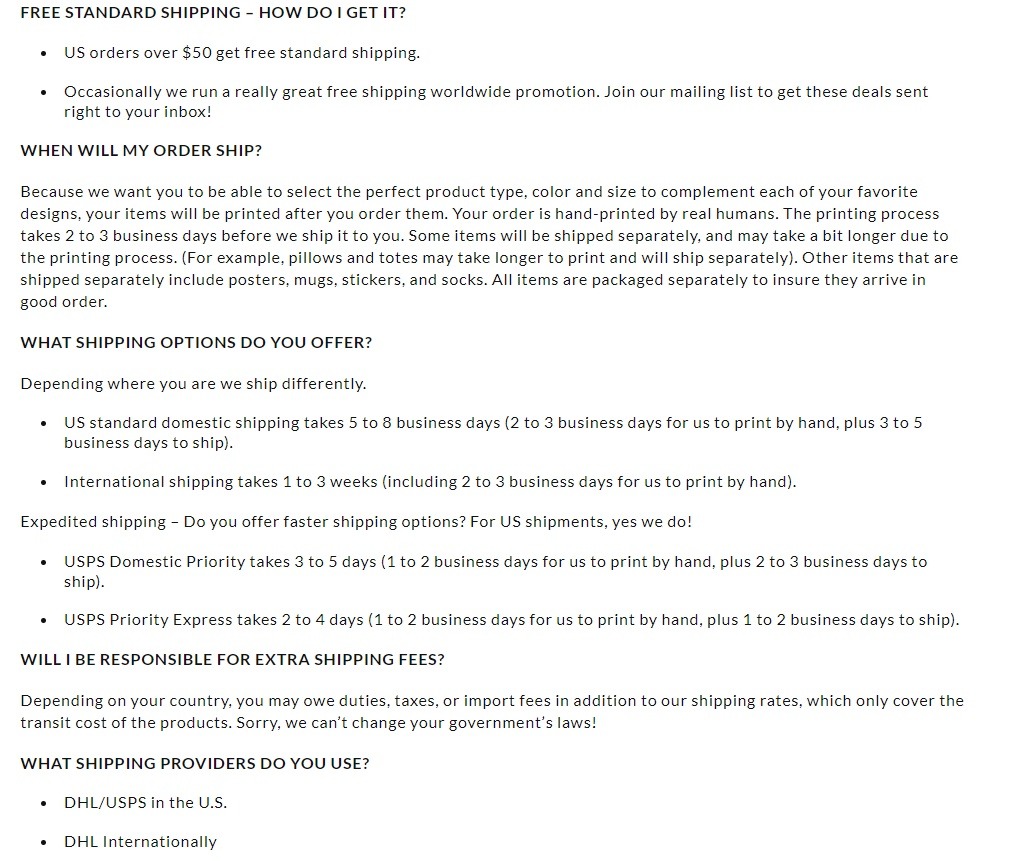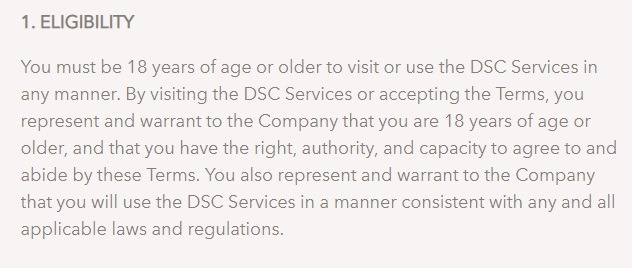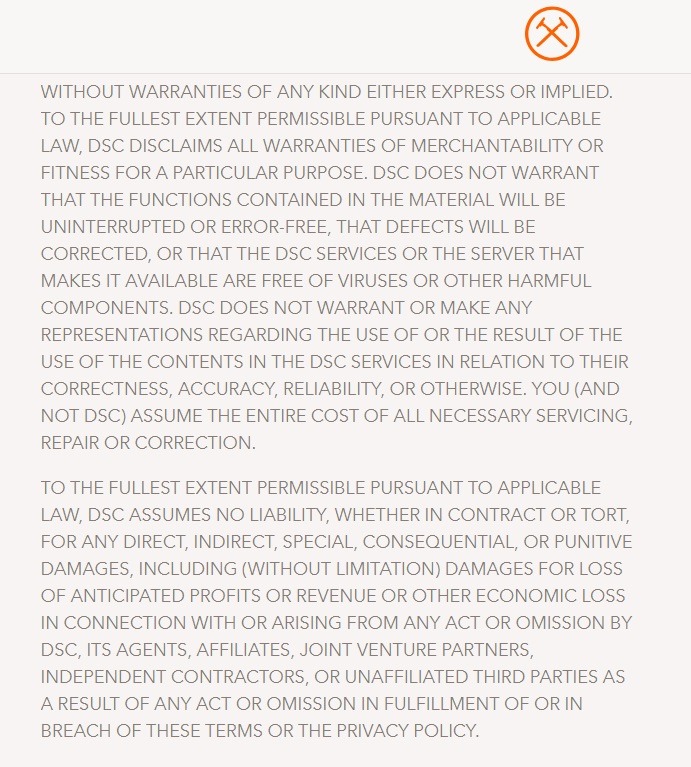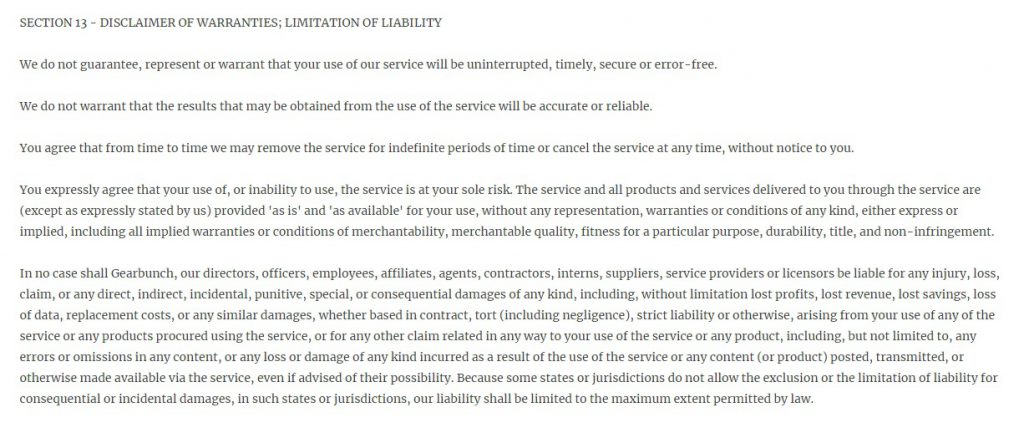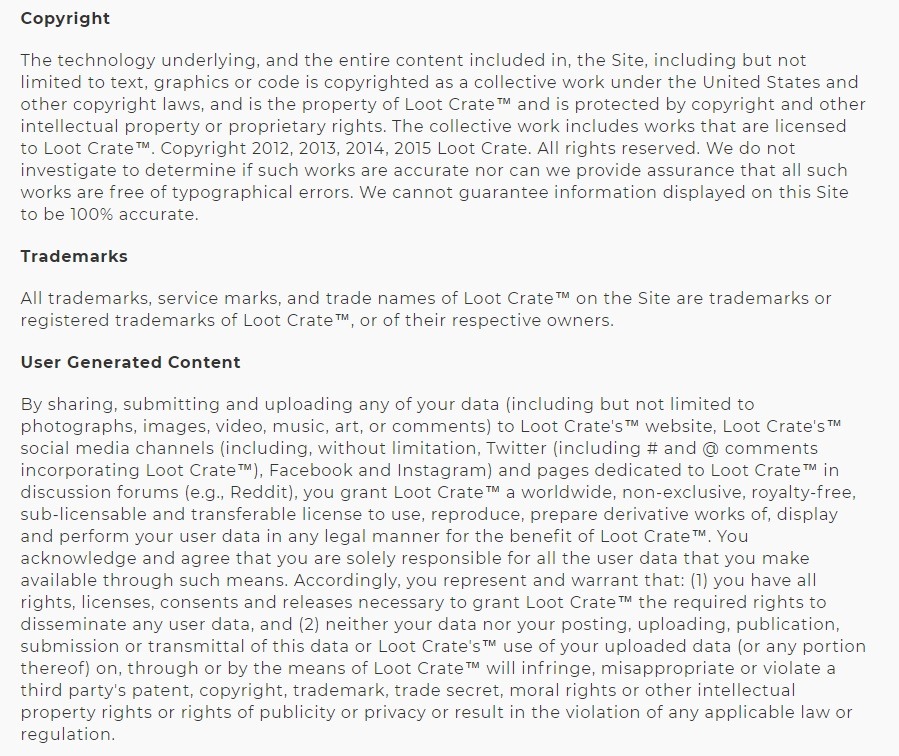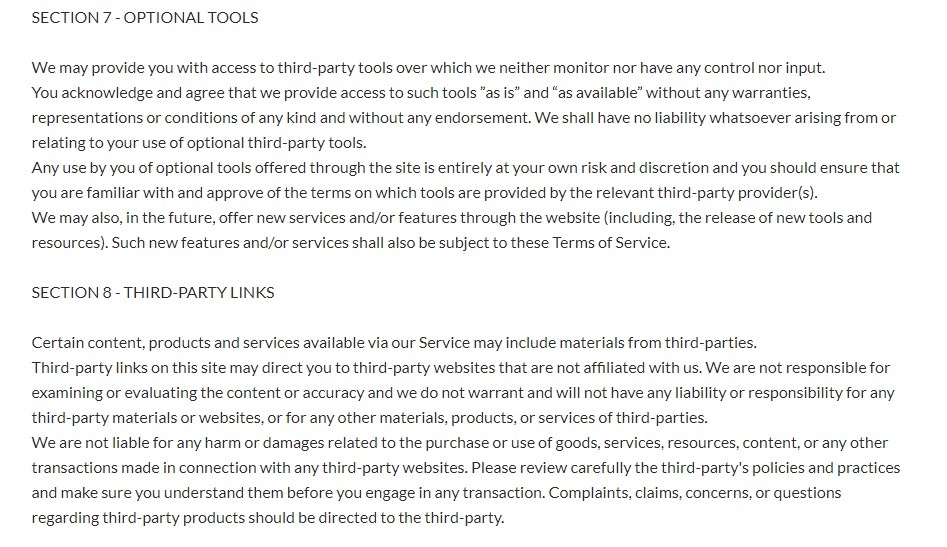A good terms and conditions template for eCommerce will lay out the agreement shoppers are entering into when they buy from your store.
Ultimately protecting your business and helping you resolve any issues that may come up.
However, in order to be effective your set of terms and conditions (or terms of service) needs to be:
- Detailed
- And easy-to-find.
You also need to ensure it protects both you and your shopper is, makig it critical element of a successful online store.
And, as a bonus, when it’s done right, it also boosts Shopify SEO.
So where to start? Right here.
How to Create Terms and Conditions for an Online Store?
When generating your terms and conditions template, you should include the minimum T&Cs requirements, clearly understand the technical requirements needed to implement your policy, and ensure that the text is carefully crafted while still being easy for shoppers to understand.
The rest of the post will help you do that by describing the main points your T&Cs should include and providing eCommerce terms and conditions templates to help you create your own.
But remember: even if you are using a third-party template, it is crucial that you consult a legal expert to ensure you are covered.
Must-Have eCommerce Terms and Conditions Clauses
Your terms and conditions should include general and specific terms of service including:
- Shipping time frames and terms
- Return processing
- Conditions of use
- Privacy disclaimers
- Payment terms and special fees
- Liabilities
- Product descriptions
- Intellectual property
- Cancelation policies
- Terms of use for your website
- External links to specific policies
Here is a breakdown of some of the must-have clauses you should consider adding.
1. Conditions of Use / General Conditions
Often referred to as ‘Online Store Terms,’ conditions of use outline what overall services you’re providing and what those services are conditioned on. Here’s a rough online store terms and conditions template of the clause, followed by an example from popular store WeeSqueak.
Welcome to [Store Site]. [Full Company Name] and team provides services to subject to notices, terms and conditions as set out below. By accessing, browsing, or shopping on this website, you agree to all the terms and conditions in this agreement. Please read them carefully.
This clause often forms the intro of the T&Cs, such as these examples from Happy Socks and Zappos.
2. Data Protection Disclaimers / Privacy & Security
Not to be confused with your standalone privacy policy, an effective eCommerce terms of service should include your privacy and security terms. This data protection/privacy clause should clearly state what personal information of your shopper you use and store, and how it is protected.
This clause deals with the legality of your standalone privacy policy, including things like how your store brand handles things like security control, privacy policy changes and lists of legal disclosures. Alternatively, some are very short and include something like this: “Please refer to our Privacy Policy [linked] for our full privacy and security practices.”
Don’t forget to also add if you will be collecting UGC from Instagram marketing or other social channels and how they will be shared.
Important Tip: Don’t forget to include your cookie policy here, as per the new Cookie Law.
3. Delivery Terms
The delivery terms clause of the eCommerce terms and conditions is also often referred to as the ‘shipping policy’ and includes the basic shipping/delivery policy for your online store. These can be short and concise, or more comprehensive. Some brands opt to add just a simple line directing shoppers to a separate shipping/delivery document:
A great user-friendly example for separate shipping terms and conditions are the folks at Human:
4. Payment Terms
This is where you outline how payments are made when a shopper purchases a product from your store, and includes the terms and conditions involved in payment. In other words: the full payment needs to be made by [payment term], after which orders will be dispatched. This can also include special fees or billing charges, shipping taxes and more that may be relevant.
Pro Tip: Cover yourself completely by including a link to your terms and conditions in your checkout pages and a checkbox that requires shoppers to agree to your T&Cs before purchasing.
5. Billing Information Terms and Conditions
Billing accuracy is an essential clause for your terms and conditions template. This is where you outline your policy on restrictions based on sales quantities per person, as well as what the buyer is agreeing to, such as ensuring that they are providing complete, current and accurate account information. Here is a template supplied by Shopify:
6. Product Information
A comprehensive eCommerce terms and conditions should include a clause outlining the product/s (or service/s) you’re selling. Here you can use a general policy and disclaimers and outline specific restrictions relating to your products, such as products that may be age-restricted, or warranty information. In the case of the former, some brands thoroughly set out product or service eligibility in its own clause, as outlined by Dollar Shave Club.
Generally speaking, though, this is also where you would outline the following:
[My Store] attempts to be as accurate as possible. However, [My Store] does not warrant that product descriptions and website content is accurate, free of errors, complete or current. If any product ordered from [My Store] that you receive isn’t described as shown on [My Store], it can be returned – unused – as described in our returns policy.
For those of you using Shopify’s built-in template, you will find this information under this header:
7. Liability Limitations
Every eCommerce T&Cs has to include a liability disclaimer. This clause protects eCommerce business owners like yourself from liability beyond the transaction, and will also outline warranty information and other limitation disclaimers. In layman’s terms, this is where you state that your store is not responsible for any liability, loss, personal injury, damage or expense that the customer may suffer after the transaction. Here is another example from Dollar Shave Club, followed by the liability limitations clause from GearBunch’s T&Cs.
8. Dispute Clause
Another must-have clause in your eCommerce terms and conditions is the dispute clause. This clause outlines how conflicts are dealt with and resolved, and by which law (location) the dispute will be handled. In other words, if your business is located and operated out of the US, then US law and dispute practices would apply. If you’re in the UK, then your terms and conditions need to state that disputes will be handled by the UK legal system and follow the dispute law of the UK.
Here is a rough idea (template) of your disputes terms and conditions to get you started:
Any dispute relating to any activity on [My Store] or the purchase of any [My Store] products shall be submitted to confidential arbitration in [State/Province], [Country], unless you have in some way threatened or violated [My Store]’s intellectual property rights, whereby [My Store] may seek an injunctive.
If you’re in Europe, you may be more familiar with the term ‘Choice of Law.’
Pro Tip: Don’t forget to include a clause that clearly states which governing law body this terms and conditions answers to. For example, if you’re in Connecticut, US, you would add something like this: “This agreement is governed by and construed in accordance with the laws of 188 Compo Road South Westport Connecticut US 06880.”
9. Trademarks / Intellectual Property / Copyrights
To protect yourself, you need to include a trademark – intellectual property of copyright – clause. This clause protects your images, content, product names, business name, logos and design. In some cases, this info is included info under one heading, while other store owners opt for having different clauses outline the conditions for each. Here is a good example from the guys at Lootcrate.
Pro Tip: If you’re gathering reviews and testimonials for your site or YouTube campaigns and other top online store ads, you need a clause that outlines how that information will be used by you (on your site, in eCommerce PPC campaigns or in marketing materials) and that you have rights of use. Online stores will often have a full clause dedicated to how this information is handled in terms of intellectual property.
10. External Links / Third-Party Links
Another important addition to your terms and conditions template for eCommerce is the clause that outlines external or third-party links. Simply put, this clause will state that third-party links have been included on your site for your site visitors’ benefit, but that you don’t have any control over the content on those pages. Shopify’s eCommerce terms and conditions template includes such a clause for third-party tools:
eCommerce Terms and Conditions Templates for eCommerce
As we mentioned, we highly advise that eCommerce store owners consult with legal experts when compiling their terms and conditions. However, you can keep costs down by using some of these T&Cs templates and generators to create your first draft and then getting an expert to review it.
- If you’re fortunate enough to have a Shopify store, the Shopify Terms and Conditions Generator will help you populate your terms and conditions and have you covered from liability in no time.
- If you are using another eCommerce platform, consider Volusion Free Terms & Conditions Policy Generator or make use of Ecwid’s terms and conditions templates in English and German.
Final Thoughts
Whether you use a template, generator, or a legal expert, make sure that you review and update them on a regular basis. You will also need to ensure you have terms and conditions templates set up for any sales promotions or competitions.
Pro eCommerce Marketing Tip: It is time to automate your TikTok Ads, Google Ads campaigns, and Facebook ads for eCommerce! Traffic Booster is the only eCommerce-focused full PPC management software that will create, manage, and optimize your campaigns in real-time for peak performance. It is far more than just an alternative to WordStream, offering machine-learning campaign optimization and marketing expert assistance.
You can find out more about choosing the right plan to suit your budget and business needs, here.

Nicole is a content writer with over sixteen years experience and flair for storytelling. She runs on a healthy dose of caffeine and enthusiasm. When she's not researching the next content trend or creating business content strategies, she's an avid beachgoer, coffee shop junkie and hangs out on LinkedIn.
Recommended articles
 Facebook Ads for eCommerce: 16 Strategies, Examples & Tips
Facebook Ads for eCommerce: 16 Strategies, Examples & Tips
 How to Build a Winning eCommerce Ads Strategy
How to Build a Winning eCommerce Ads Strategy
 Google Ads for eCommerce: Everything You Need to Know
Google Ads for eCommerce: Everything You Need to Know
 10X Your Traffic with PPC Management Software
10X Your Traffic with PPC Management Software
Comments
Powered by Facebook Comments





